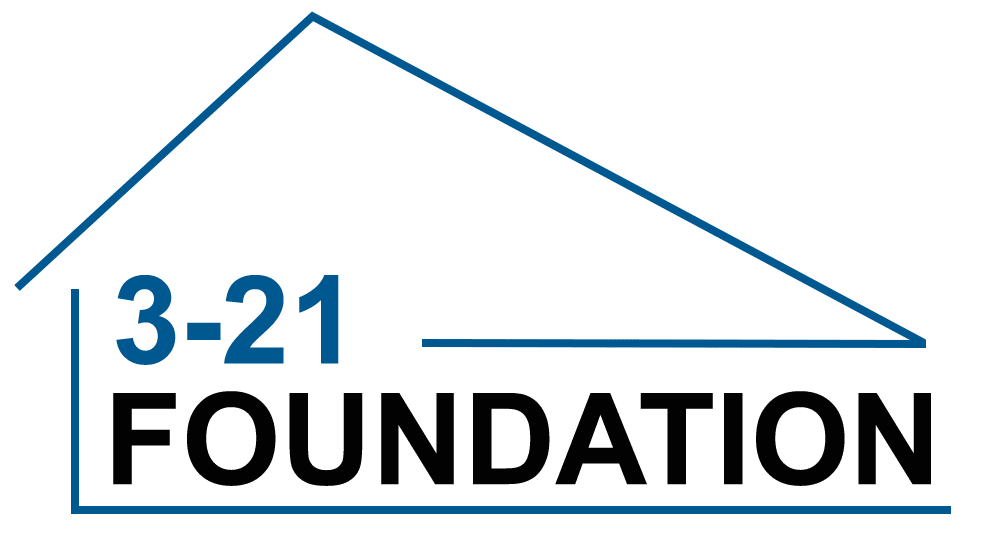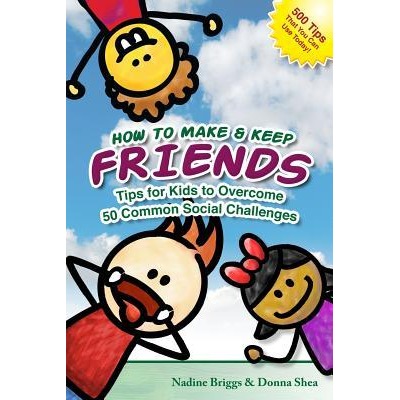I used one with my son for almost a year…
Tracking Options – Many families have been using tracking services for their family members who might wander, and others use these systems to allow the family member some independence. There are two types of tracking – radio frequency (RF) and global positioning system (GPS). Each has its advantages and drawbacks.
RADIO FREQUENCY
An advantage to radio frequency systems is the ability to track in areas where GPS may not reach, such as inside buildings with thick walls or densely wooded areas. A drawback is that families are not able to track the device themselves. Emergency rescue personnel must be called in to track RF devices. The primary RF tracking system is provided by the LoJack company out of Dedham MA and their program is called SafetyNet. LoJack acquired the Project Lifesaver program that was piloted through the Massachusetts Norfolk County Sheriff’s office and renamed it SafetyNet a few years ago. The cost: The fee for the device is about $100, then approximately $30 per month for monitoring. There are some waivers for the fee available through autism centers such as the ARC. www.safetynetbylojack.com 877-434-6384
Watch video to see how it works.
GPS
The main advantage of GPS tracking is the ability to do the tracking yourself. The drawback is that GPS does not work everywhere, but it is still an excellent option. There are several companies that offer this service. There are different kinds of devices and monitoring plans. Two companies that local families have recommended are GTX and LOK8U. GTX offers a shoe liner called Smart Sole that you place in your shoes. The smallest size they carry is a Mens size 5. The cost is $235 for the soles, then either $30 per month for tracking yourself, or $50 per month to both track yourself and have the company monitor as well. http://www.gtxcorp.com
LOK8U offers a bracelet device for $250 with a $30 per month fee. http://www.lok8u.com/
CELL PHONE GPS TRACKING
Almost every cell phone provider offers an app or program to track your cell phone such as Apple’s Find My iPhone, AT&t’s Family Map, Verizon Wireless’s Family Locator and Sprint’s Family Locator. Many families are using these services to monitor their loved one’s whereabouts. Check with your provider to see what is available.
There are also third party tracking programs that you can use with your cell phone. Prey is a free open-source application that can be used for both computers devices and smart phones. After you sign up for the service, you sync your devices with it and log into your account on a computer to start tracking. Prey is recommended for any Android or iOS device. https://preyproject.com/
For non-smartphones a GPS tracking service called AccuTracking is available. It costs $6 per month (less if you subscribe for a year). The service uses your phone’s built-in GPS to track the location of your phone. Log in to AccuTracking’s web interface from any internet-connected computer and it will immediately show you the location of your phone. http://www.accutracking.com/






